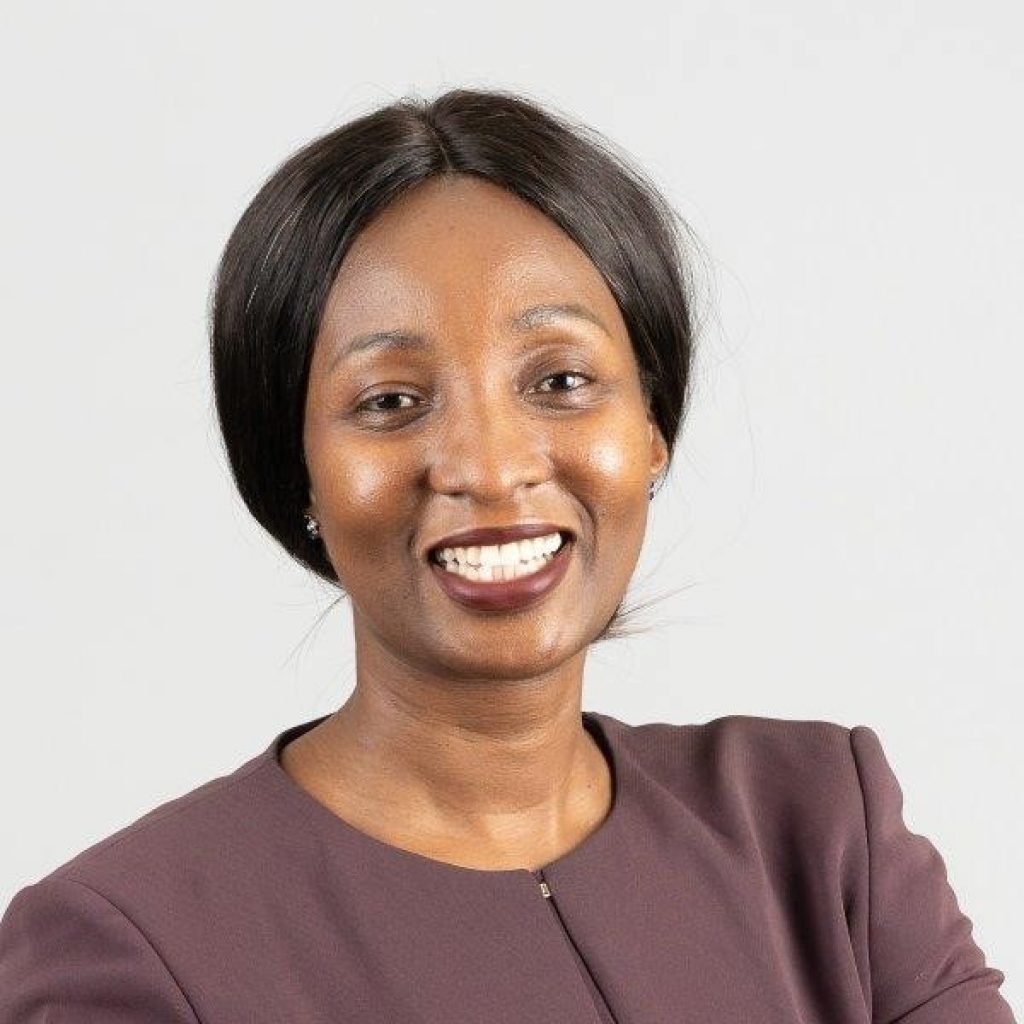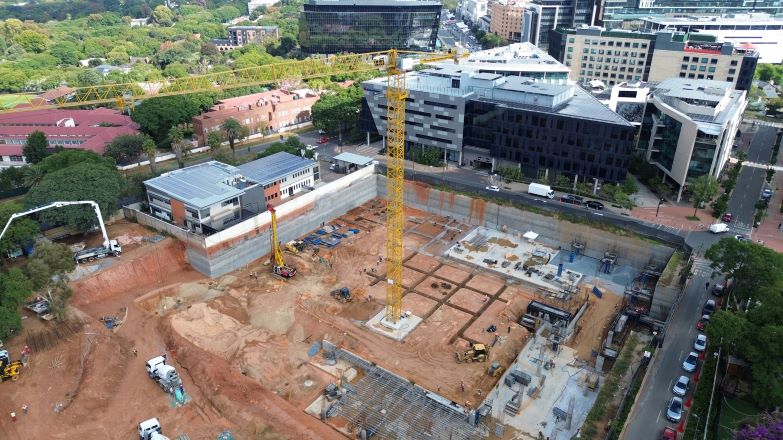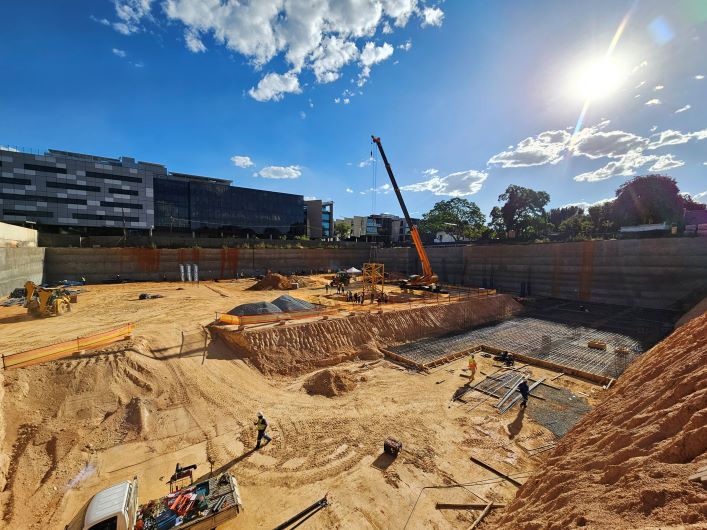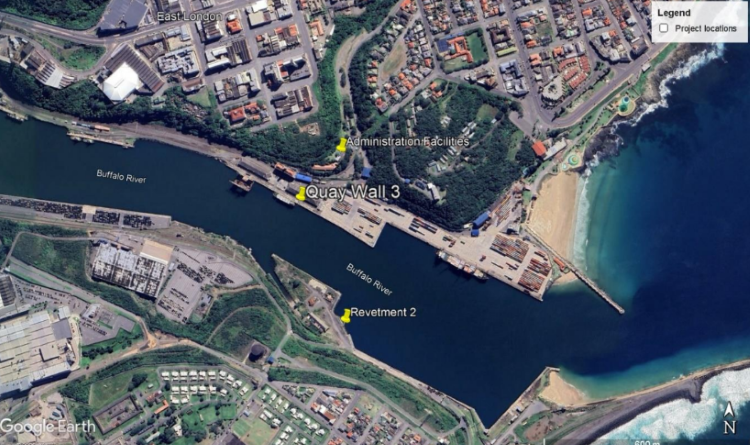
In a month highlighting the value of women, during a critical period that continues to reveal the ongoing inequities being faced globally, the Women in Infrastructure Summit sought to find ways in which inclusivity could be achieved in the infrastructure industry. Hosted by CNBC AFRICA in partnership with the Development Bank of Southern Africa (DBSA), and FORBES AFRICA on Tuesday 24 August, the free-to-attend virtual summit welcomed industry leaders to debate around this year’s theme, Creating an Inclusive Infrastructure Industry.
The critical role of female leadership

“I’d like to extend our thanks to everyone who participated in this inspirational summit that showed, not only the possibilities that exist for inclusivity within the infrastructure industry, but the incredible impact these dynamic female leaders have already made,” said Roberta Naicker, Managing Director of ABN Group. “We’re excited to be able to host such an important event during Women’s Month in a year when the South African Government Infrastructure Fund’s project pipeline expected to be implemented. There’s certainly a lot of opportunity for our female leaders in infrastructure were inclusive and sustainable solutions are considered.”
The event welcomed an exclusive panel of industry leaders who shared their expertise and perspectives on creating more inclusive systems that will drive productivity, increase land values and boost economic growth. Debates at this year’s event included solutions on gender mainstreaming, industry challenges and accessibility, and the role of women in infrastructure.
#WIIS2021 speakers’ panel
Some of the day’s impactful speakers included Thembi Khoza, Programme Manager: Stakeholder Relationship Management for The Development Bank of Southern Africa (DBSA); Monhla Hlala, Chairman at Royal Bafokeng Holdings; Dr Wanda Chunnett, Director: Turner and Townsend; Ayumi Yuasa, Director of OECD Development Centre; and Romaya Dorasamy, Co-Founder and Managing Director of Meadows Energy.
The value of the summit in creating a more gender-balanced industrial sector was highlighted in a comment made by Nadira Bayat, Gender and Trade Consultant for the African Trade Policy Centre (UNECA). She stated: “Women account for more than 50% of Africa’s combined population, but in 2018 they generated only 33% of the continents collective GDP.”
This was picked up by Annick Muhama, Rwanda’s Director-General for Energy in her discussion on the ‘Higher Participation of Women in Infrastructure Projects’, who said women’s participation in infrastructure development projects and other sectors has been ‘limited’ until this point: “Misunderstanding gender principles leads to low participation in women in the infrastructure cycle. Women’s influence in the infrastructure sector needs to be transformational, for society as a whole.”
Speaking on the need for the Women in Infrastructure Summit, Zeenat Ghoor, the Director of Aspire Consulting Engineers, said: “It’s discussions like this that help us create the expectations that there are no limitations to being a woman. The stakeholders are committed to change.”
Boosting productivity and economic growth
Commenting on her experience in the industry, Ghoor said there was evidence this change was being driven in a number of ways: “There is a big push to transfer skills and funding projects for black-owned women’s businesses. The narrative is changing, and sustainable change takes a long time. There are now facilities that can help working women when nursing their children, to take time to breast feed, or store their milk, safely and privately.”
However, gender mainstreaming in this sector cannot truly be achieved without creating an environment conducive to growth and development. Touching on this subject, Mfon Usoro, Senior Energy Analyst at Wood Mackenzie explained: “It’s one thing to bring women in and have those successful programs but it’s another thing to retain women in those roles and make it comfortable for them to see themselves accelerating.”

Commenting on the purpose of the Women in Infrastructure Summit, Bathobile Sowazi, Company Secretary of The Development Bank of Southern Africa (DBSA) said: “This assembled infrastructure scholars and thought leaders to explore ways of creating more inclusive structures, networks and systems to aid in the reduction of perennial inequality, to drive productivity, increase land values and boost economic growth, that have been challenging governments for centuries.
“In our robust engagements and deliberations, we acknowledged the mammoth task to address the glaring and significant challenges that have prevailed since time immemorial. The future success of any organisation in the financing landscape lies in how it transcends and shapes the ‘new normal’ for diversity and inclusion.”
For more information on the event, check out @cnbcafrica following the hashtag #WIIS2021 #womenininfrastructure.





